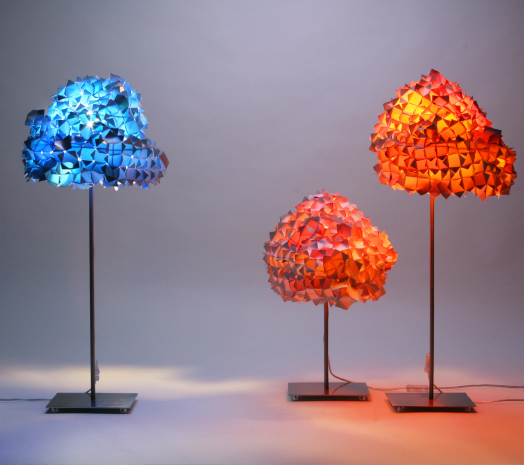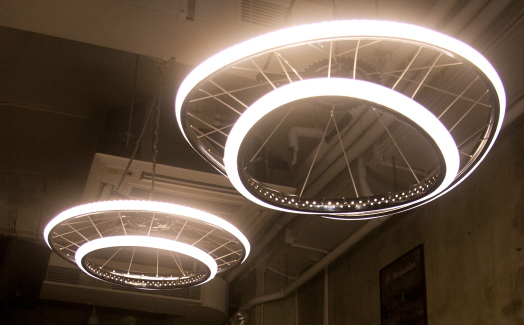All Useless Is Art
We've all heard about recycling, but what is upcycling? Upcycling means taking discarded items that would otherwise end up in a landfill and giving them a new purpose that is completely different from the one for which they were created. Upcycling is not recycling. Smashing beer bottles and mixing the crushed glass with sand to make bricks is recycling. Boiling used books and using the pulp to make 'eco-friendly' printing paper is recycling. Upcycling does not change the form of the original object. It simply reuses it in a fresh new way.
Junk Is Art
Upcycling is no stranger to folk and non-traditional art. After all, folk artists are often people with limited means and without formal art training. It’s natural and convenient for them to deploy junk yard items for their creative projects. The famous Watts Towers in Los Angeles were built by an immigrant construction worker using scrap metal and broken ceramics over a period of 33 years. Ethnic minorities in China make colourful quilts with bits and pieces of salvaged fabric.


Famous artists have also used unwanted objects in their works—Marcel Duchamp, Pablo Picasso…. Even Gaudi's famous Sagrada Familia contains broken glass bottles and ceramic tile chips if you look closely enough. The Japanese artist in New York Ushio Shinohara is celebrated for his 'junk art' sculptures created with objects he salvaged from the streets of New York.
Thanks to the environmental movement, upcycled art is having a revival. Here in Hong Kong, a number of artists and designers have been giving 'garbage' a new lease on life. Funny Fu Ka-wing, a double major in Geography and Resource Management and Fine Arts at CUHK, is researching the feasibility of the upcycling industry in Hong Kong from an art and design perspective. The following are three of the artists she is studying.
KaCaMa
The three young designers at KaCaMa Design Lab turn used materials into beautiful lifestyle products that are produced by social enterprises and local craftsmen. For example, they collect used advertising banners and cut them into small pieces that are then combined to create colourful and three-dimensional lamp shades. The products are hand-sewn patch by patch by 'Home Sew', a cooperative of former sewing machine operators who served Hong Kong's manufacturing industry.
KaCaMa and Kevin Cheung below have launched a series of pens made by stacking wine corks on top of each other. The pens are manufactured by St. James' Settlement. Other KaCaMa products include natural fabric dyes made from kitchen leftovers, and a range of household products created with waste materials from hangers to eggshells.
Kevin Cheung
Kevin Cheung, an independent designer, believes that sustainable designs need to be enriching for the environment, as well as their users and society. Kevin likes to experiment with waste materials and collaborates with different NGOs to have his products manufactured locally. Kevin has made speakers from milk bottles and files, wallets from wallpaper. Cheung's ethereal Lumi-rim ceilings lights feature discarded bicycle rims, once the essentials of a developing nation and now the symbols of a sustainable lifestyle. The metallic circles are refurbished with an translucent inner tube with LED lights underneath.
Kevin also makes beautiful bottle chimes with PET bottles that are pressurized to create a glass-like tinkle upon contact with each other. The surface of the bottles are sand-blasted so they give off light when illuminated from the inside.
Woodrite
Social enterprise Woodrite specializes in furniture made with recycled wood. Each piece is designed by its in-house designers, then sawed, sanded and hammered into place by three carpenters inside their 1000 ft2 workshop in Kwai Chung. Woodrite takes unwanted furniture and wood products. For instance, they have accepted large-sized furniture from charitable organizations, coffee tables from the Legislative Council, leftover pine wood planks from maintenance works, as well as Chinese mahogany chairs from individuals. These are taken apart, tweaked and combined into new pieces suitable for smaller homes. Besides ready-made pieces, Woodrite also makes furniture to order using recycled wood.



